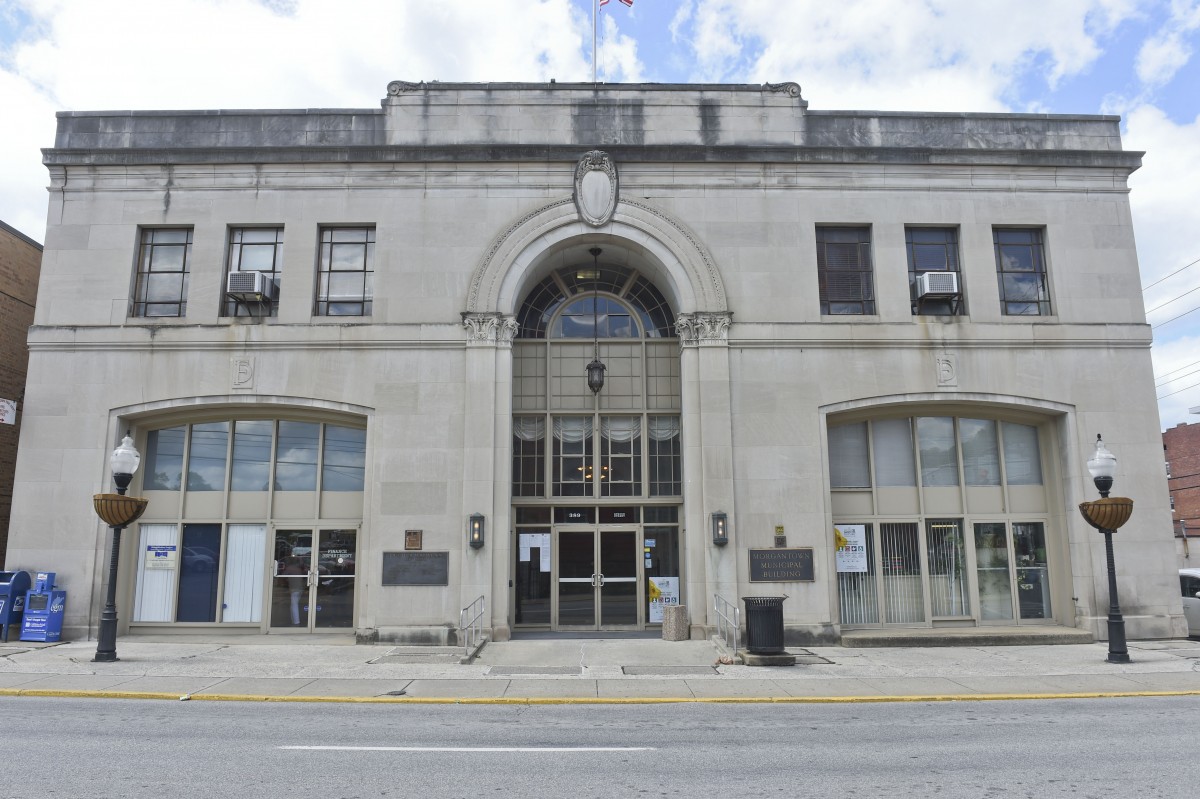MORGANTOWN — The city of Morgantown’s fiscal year 2022 budget anticipates flat or reduced revenues in nearly all categories — with one major exception.
Sounds bad.
But City Manager Kim Haws explained that given the challenges of the past year, things could be a whole lot worse.
On Tuesday, Haws walked Morgantown City Council through the city’s $38 million spending plan for fiscal year beginning July 1.
The budget represents a 3.3% decrease when compared to the 2021 plan presented this time last year and a 2.8% drop from the 2020 budget.
“We’re assuming that much of the decrease is due to the effects of COVID and also fluctuations in B&O tax revenues from construction,” Haws said, adding “Though there is a decrease over the last three years, as you can see, I think we can be thankful this last year hasn’t had a greater negative impact on our operations and ability to provide essential services than it has,”
Softening that impact dramatically was the nearly $10.9 million in CARES Act funding received by the city through mid-December.
Given the continued uncertainty of the COVID situation, Haws admitted the budget is conservative, pointing to just under $3.4 million sitting in the city’s financial stabilization, or rainy day, fund. He said the city had about $1 million in that line item in 2019 and about $377,000 in 2015.
“You can see how the priorities have changed within the city,” he said. “I think that’s very significant in terms of the conservative nature of which dollars have been managed within the city.”
Helping bolster the upcoming spending plan is the city’s newly-implemented sales tax. The one exception mentioned above, the tax is anticipated to generate $6 million in its first full year of collections.
That money will be divided evenly four ways between BOPARC and the city’s general fund, capital escrow fund and retirement fund.
The 2022 budget includes $4.1 million in carryover and $1 million in contingencies.
It does not initially include a cost of living increase for city employees.
It does, however, include as part of its capital escrow plan — which typically deals with one-time expenditures — a $5 million infrastructure bond as a means to address aging facilities like city hall, the public safety building, the former Woodburn school, the MET Theatre and the city’s fire stations.
The budget also anticipates providing $504,000 from capital escrow to 12 community non-profits. That includes $100,000 toward the new sobering center in the former Ramada Inn, on Scott Avenue.




